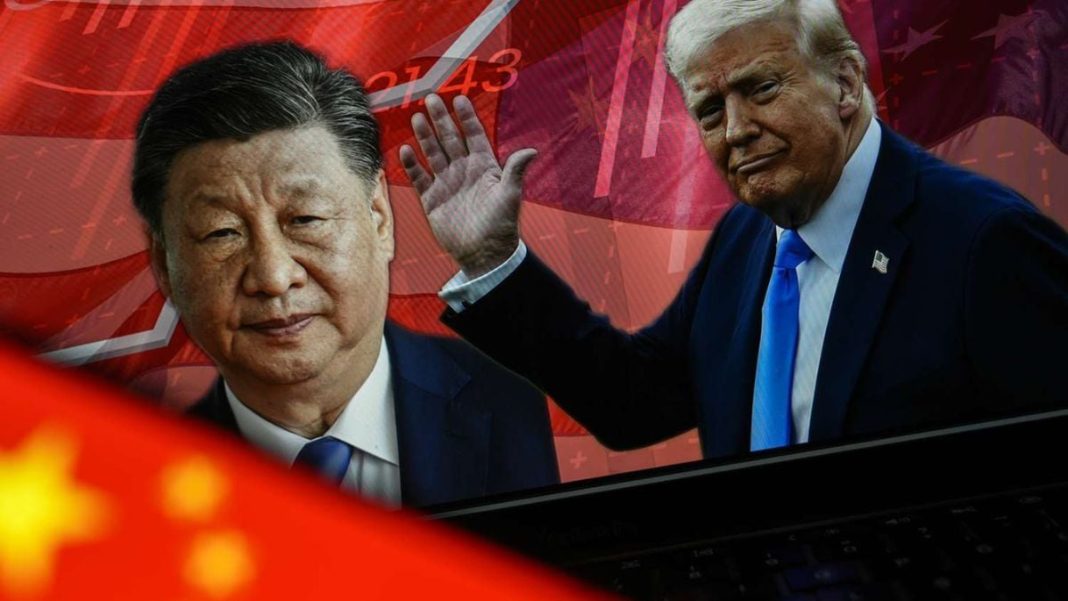Key Takeaways
- Trump confirms Nvidia’s most advanced Blackwell chips will be exclusive to US companies
- China and other countries barred from accessing top-tier AI semiconductors
- Possibility remains for scaled-down versions to be sold to Chinese firms
- Move has drawn criticism from China hawks in Washington
US President Donald Trump has declared that Nvidia’s most advanced AI chips will be reserved exclusively for American companies, with China and other countries barred from accessing the cutting-edge technology. The announcement came during a “60 Minutes” interview and comments to reporters aboard Air Force One, where Trump emphasized that only US customers should have access to the top-end Blackwell chips.
Strict Restrictions on Advanced Chips
“The most advanced, we will not let anybody have them other than the United States,” Trump told CBS, echoing remarks made earlier to reporters. “We don’t give (the Blackwell) chip to other people,” he said during the flight. These statements suggest Trump may impose tighter restrictions around American AI chips than previously indicated by US officials.
The policy shift comes despite Nvidia’s recent announcement that it would supply more than 260,000 Blackwell AI chips to South Korea and major businesses like Samsung Electronics.
Potential for Scaled-Down Versions
While Trump confirmed he would not allow the sale of the most advanced Blackwell chips to Chinese companies, he left open the possibility for them to obtain less capable versions. “We will let them deal with Nvidia but not in terms of the most advanced,” he stated during the interview.
Questions about scaled-down Blackwell chip shipments to China have circulated since August, when Trump first suggested he might allow such sales.
Washington Criticism and Concerns
The potential for any version of Blackwell chips to reach Chinese firms has drawn strong criticism from China hawks in Washington. Critics fear the technology could supercharge China’s military capabilities and accelerate its AI development.
Republican Congressman John Moolenaar, who chairs the House Select Committee on China, delivered a stark warning: “would be akin (to) giving Iran weapons-grade uranium.”
Diplomatic Context and Industry Impact
Trump had previously hinted he might discuss the chip restrictions with Chinese President Xi Jinping ahead of their summit in South Korea, but ultimately confirmed the topic didn’t come up.
Meanwhile, Nvidia CEO Jensen Huang revealed last week that the company hasn’t sought US export licenses for the Chinese market due to Beijing’s stance. “They’ve made it very clear that they don’t want Nvidia to be there right now,” Huang said during a developers’ event, noting that China access is needed to fund US-based research and development.




